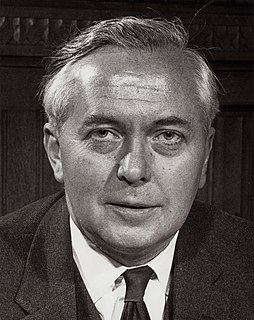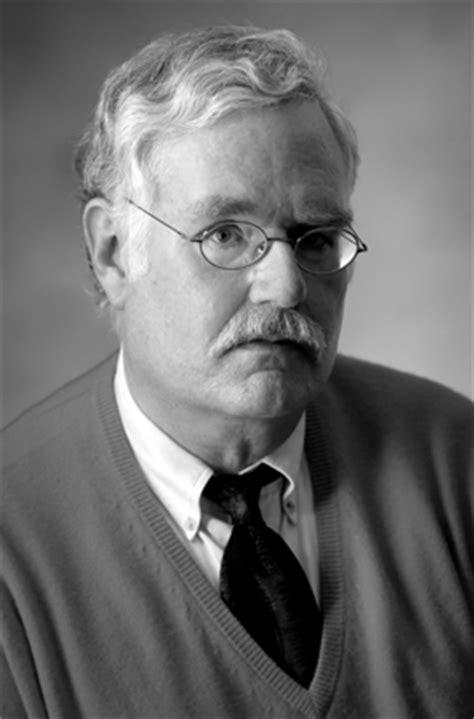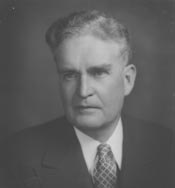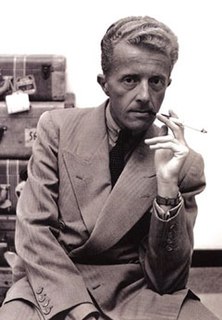A Quote by Friedrich Nietzsche
One pays dearly for being immortal: one must die many times during his life.
Related Quotes
If the human species, or indeed any part of the biosphere, is to continue to survive, it must eventually leave the Earth and colonize space. For the simple fact of the matter is, the planet Earth is doomed... Let us follow many environmentalists and regard the Earth as Gaia, the mother of all life (which indeed she is). Gaia, like all mothers, is not immortal. She is going to die. But her line of descent might be immortal. . . . Gaia's children might never die out-provided they move into space. The Earth should be regarded as the womb of life-but one cannot remain in the womb forever.
We are not helpless...Many times in our lives we’ve been powerless, but not this night. Right now we have the power to choose the manner in which we die. If you have been a master of nothing else in all your days, you are now a master of this moment. And I for one am going to give such an answer to this insult that others will dearly regret not being by my side to see it!
TEF is predicated on logic, a simple wager that every human faces:
If a reasoning human being loves and values life, they will want to live as long as possible-the desire to be immortal. Nevertheless, it's impossible to know if they're going to be immortal once they die. To do nothing doesn't help the odds of attaining immortality-since it seems evident that everyone will die someday and possibly cease to exist. To try to do something scientifically constructive towards ensuring immortality beforehand is the most logical conclusion.
Because we don't know when we will die, we get to think of life as an inexhaustible well. Yet everything happens only a certain number of times, and a very small number really. How many more times will you remember a certain afternoon of your childhood, an afternoon that is so deeply a part of your being that you can't even conceive of your life without it? Perhaps four or five times more, perhaps not even that. How many more times will you watch the full moon rise? Perhaps 20. And yet it all seems limitless.
We are guilty of many errors and many faults, But our worst crime is abandoning the children, Neglecting the fountain of life. Many of the things we need can wait. The child cannot. Right now is the time his bones are being formed, His blood is being made, And his senses are being developed. To him we cannot answer 'Tomorrow.' His name is 'Today.'
His whole being radiates a pure, wild sweetness, flitting through night woods with little melodious cries, on some cryptic errand. There is also an aura of doom and sadness about this trusting little creature. He has been abandoned many times over the centuries, left to die in cold city alleys, in hot noon vacant lots, pottery shards, nettles, crumbled mud walls. Many times he has cried for help in vain.








































